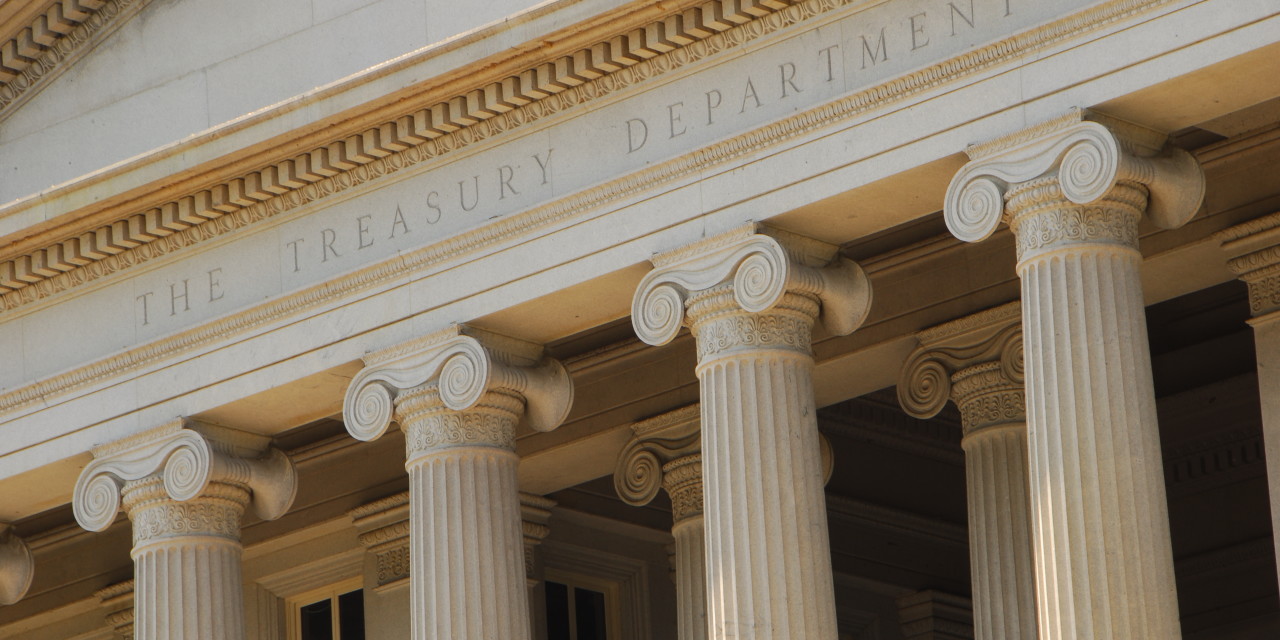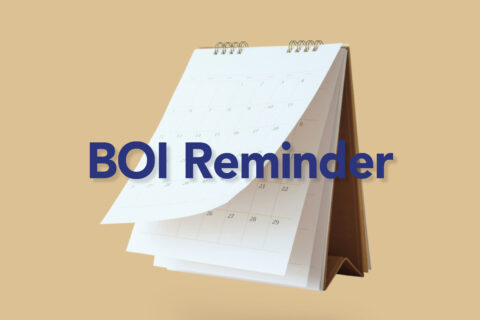The IRS continues to warn the public to beware of thieves trying to steal money or identities by claiming to be the IRS. Below are tips from the IRS website on how to be aware if a call is from a scammer:
- Scammers make unsolicited calls. Thieves call taxpayers claiming to be IRS officials. They demand that the victim pay a bogus tax bill. They con the victim into sending cash, usually through a prepaid debit card or wire transfer. They may also leave “urgent” callback requests through phone “robo-calls,” or via phishing email.
- Callers try to scare their victims. Many phone scams use threats to intimidate and bully a victim into paying. They may even threaten to arrest, deport or revoke the license of their victim if they don’t get the money.
- Scams use caller ID spoofing. Scammers often alter caller ID to make it look like the IRS or another agency is calling. The callers use IRS titles and fake badge numbers to appear legitimate. They may use the victim’s name, address and other personal information to make the call sound official.
- Cons try new tricks all the time. Some schemes provide an actual IRS address where they tell the victim to mail a receipt for the payment they make. Others use emails that contain a fake IRS document with a phone number or an email address for a reply. These scams often use official IRS letterhead in emails or regular mail that they send to their victims. They try these ploys to make the ruse look official.
- Scams cost victims over $23 million. The Treasury Inspector General for Tax Administration, or TIGTA, has received reports of about 736,000 scam contacts since October 2013. Nearly 4,550 victims have collectively paid over $23 million as a result of the scam.
The IRS will not:
- Call you to demand immediate payment. The IRS will not call you if you owe taxes without first sending you a bill in the mail.
- Demand that you pay taxes and not allow you to question or appeal the amount you owe.
- Require that you pay your taxes a certain way. For instance, require that you pay with a prepaid debit card.
- Ask for your credit or debit card numbers over the phone.
- Threaten to bring in police or other agencies to arrest you for not paying.
For more, visit “Tax Scams and Consumer Alerts” on IRS.gov or call the IRS at 800-829-1040.
If you have any questions please contact your tax advisor at HM&M.
Latest Blog
DALLAS, TX – [February 21, 2025] –HM&M, a leading accounting and advisory firm, is proud to announce that ...
Updated February 14, 2025 A complex trust or estate may make an election under Internal Revenue Code Section ...
As this reminder was going to press, a Texas-based federal court issued a preliminary injunction prohibiting the federal ...
HM&M Updates
DALLAS, Dec. 11, 2024 – Springline Advisory, a trailblazing financial and business advisory firm, is proud to announce its partnership ...
Last month, Senior Manager, Pearl Balsara was invited to speak at the 2023 FPA DFW Annual Conference in ...
We are pleased to announce the winners of the 2022 HM&M Excellence Awards. Ronna Beemer, Keith Phillips, and ...









